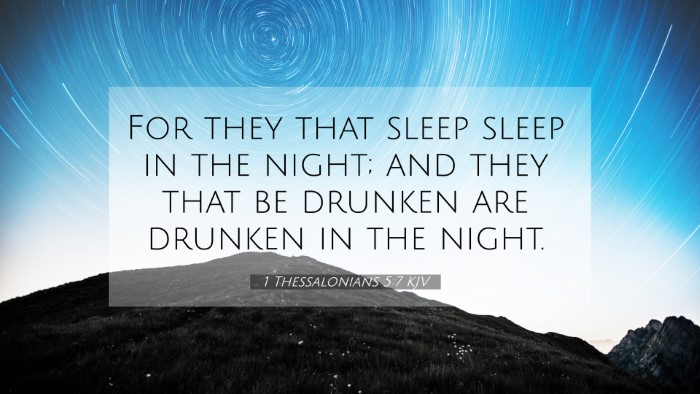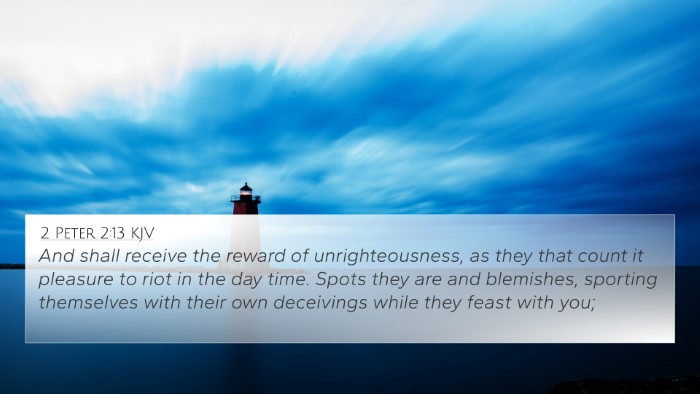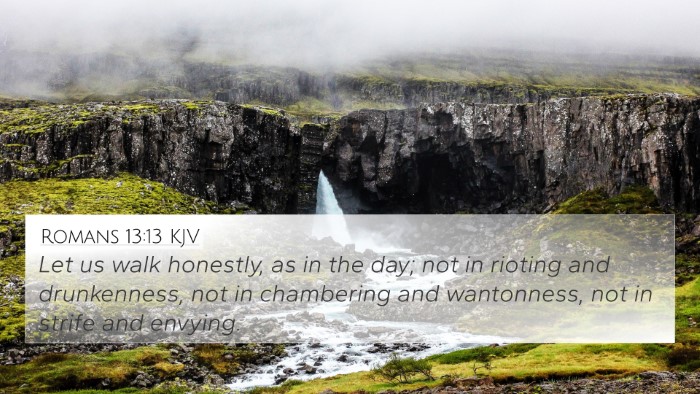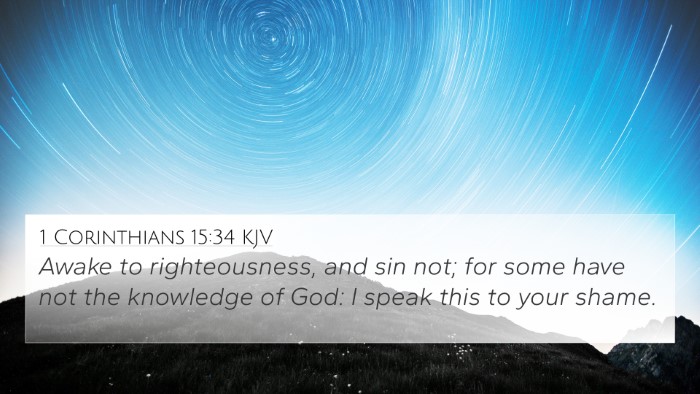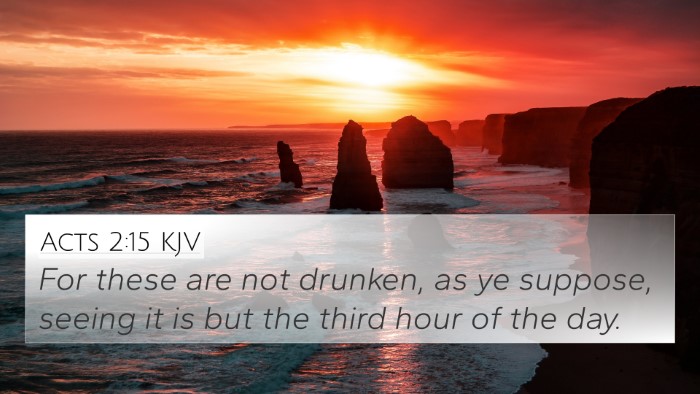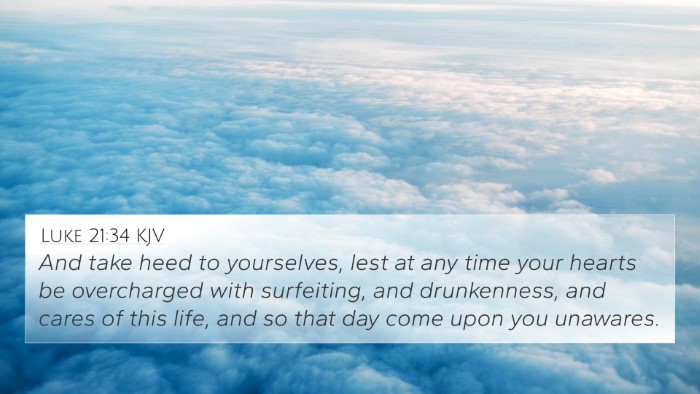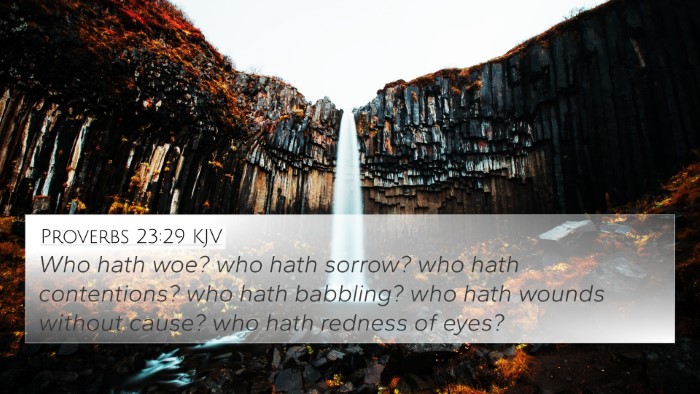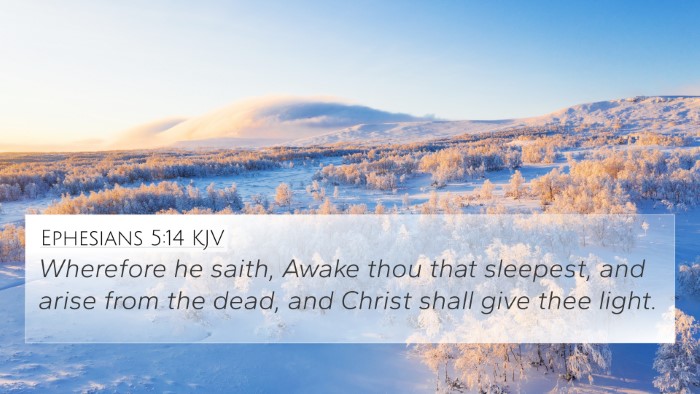This verse from the Apostle Paul’s letter to the Thessalonians highlights the contrast between the behavior of believers and that of the world. Paul draws a distinction between “sleeping” in a metaphorical sense—referring to spiritual lethargy—and the literal act of sleeping at night. The act of getting drunk at night serves as a powerful illustration of those who live without regard for the coming day of the Lord.
Understanding this verse requires a close look at several important themes:
- Spiritual Vigilance: Paul advises believers to remain alert and sober, contrasting their state with those who engage in darkness (the unawakened, or those consumed by sin).
- Night versus Day Metaphor: Night often represents ignorance, sin, and spiritual blindness, while day represents knowledge, holiness, and the return of Christ.
- Moral Conduct: The behaviors of drunkenness and sleep represent a lack of self-control and the dangers of succumbing to worldly temptations.
According to Matthew Henry, Paul emphasizes the need for Christians to distinguish themselves from non-believers by living righteously. He asserts that spiritual sober-mindedness is vital for readiness to meet the Lord. Albert Barnes notes that there is a call for vigilance and a sober attitude, which signifies controlled living amid a world that often succumbs to excess.
Moreover, Adam Clarke outlines the significance of remaining spiritually awake, suggesting that the ‘day’, when Christ returns, could come unexpectedly, and the preparedness of the believer is paramount.
Cross-References
This verse connects powerfully with several other Scriptures that echo similar themes of vigilance, morality, and the distinction between the faithful and the faithless:
- Romans 13:13-14: A call to live honorably in the day, rejecting the acts of darkness.
- 1 Peter 5:8: Be sober and vigilant; the devil works like a roaring lion.
- Matthew 24:42: Watch therefore, for you do not know what hour your Lord is coming.
- Luke 21:34: Take heed to yourselves, lest your hearts be weighed down with drunkenness.
- Ephesians 5:8: Walk as children of light, distinguishing your conduct from that of the world.
- 1 Corinthians 15:34: Awakening to righteousness and ceasing from sin.
- 2 Corinthians 5:10: We must all appear before the judgment seat of Christ.
Thematic Connections
The thematic connections within these verses reveal a consistent Biblical narrative promoting spiritual alertness and moral living:
- The contrast between light and darkness represents knowledge versus ignorance.
- The call for vigilance signifies preparedness for Christ’s return.
- Encouragement for a sober lifestyle underscores the need for self-control and discipline.
When engaging in comparative Bible verse analysis, it becomes evident that Paul's exhortation in 1 Thessalonians 5:7 is not isolated but part of a broader theme prevalent in Christian doctrine. Tools for Bible cross-referencing can enhance your study, allowing for a deeper exploration into how these themes interconnect across various biblical texts.
Conclusion
In summary, 1 Thessalonians 5:7 serves as a powerful reminder for believers to maintain vigilance against the spiritual dangers of their environment. Through the lens of cross-referencing Biblical texts, we find that this call to righteousness and readiness resonates throughout the New Testament, urging Christians to live as children of light in anticipation of Christ’s return.


